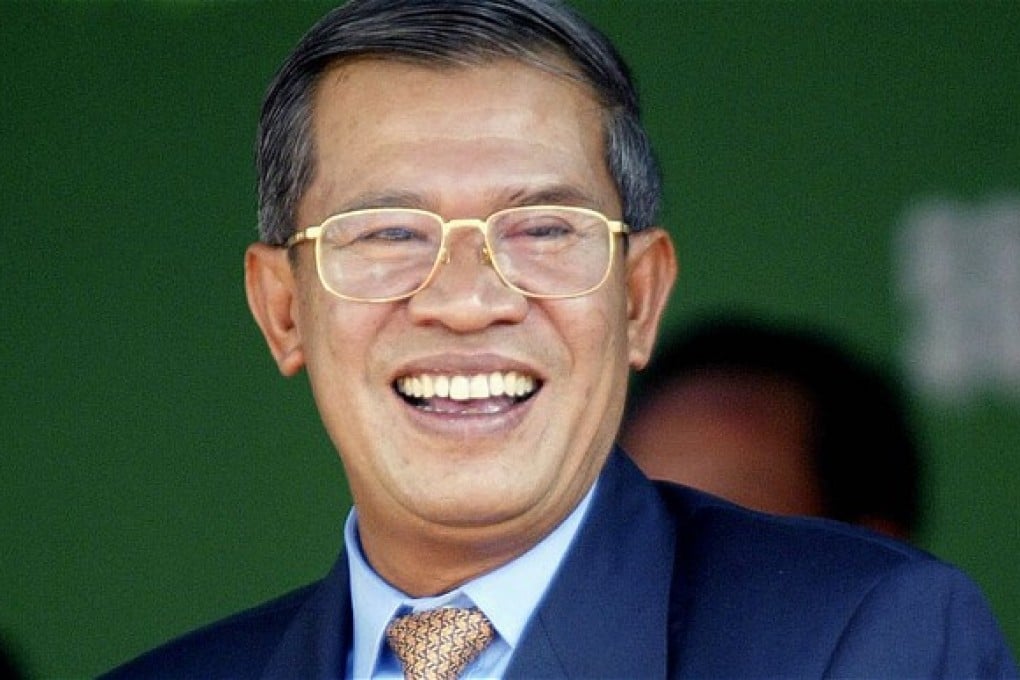
After nearly three decades in power Cambodian strongman Hun Sen no longer bothers with election campaigning, but an opposition rejuvenated by the return of its leader from exile is battling back.
Former Khmer Rouge fighter turned prime minister Hun Sen has run the country almost single-handedly for 28 years, and has vowed to stay in power for at least another decade.
From near-total control of the country’s newspapers and television to a pliant bureaucracy and a deep campaign war chest, Hun Sen’s ruling Cambodian People’s Party enjoys all the advantages of its decades-long monopoly on state power.
But following years of infighting, the main opposition groups have united and - galvanised by the return from exile of their recently pardoned leader Sam Rainsy - are bringing some real competition as Cambodia heads towards Sunday’s parliamentary elections.
“Hun Sen is more nervous than before,” said political expert Lao Mong Hay, a former researcher for the Asian Human Rights Commission.
“You can see he’s using threats and intimidation,” he said, adding that such tactics are becoming less effective.